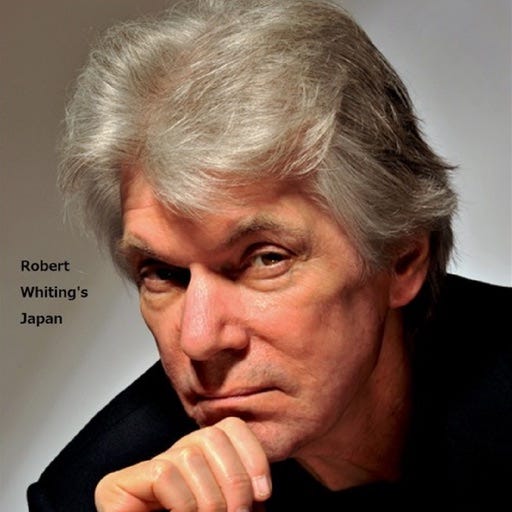The Making of an Agent - Chapter 1 (Part 2)
The Don Nomura Story
This book, about super agent Don Nomura, the man who took Hideo Nomo to the U.S Major Leagues and opened the long-closed door door to MLB for Japanese baseball players, was originally published in 1999 in Japanese by Bungei Shunju as
Now, contrast the evolution of the U.S. game as just described with what happened in Japan. The Uniform Players Contract long used in Japan was a descendant of a direct translation of a 1930’s minor league contract and it denied the right of collective bargaining. It wasn’t until 1986 that Japan’s toothless Professional Baseball Players Association, after some lengthy and quiet maneuvering, managed to obtain the legal right to strike. *After Kiyoshi Nakahata, the union player representative at the time, behaved as if he was representing management. “Although we hope to work for higher pay and better working conditions,” said the then-Giants captain in a memorable remark, “we could never strike like the U.S. union has. It would not be fair to the fans.”
Hiroshi Ogawa, the player representative for the Fukuoka Daiei Hawks, went even further when discussing a possible work stoppage four years later. “Although there may technically be a possibility of a strike,” he was quoted as saying, “most players probably would be bothered by their consciences. We realize we are playing for the fans and could not enjoy peace of mind if we stopped playing ... We would walk out only as a last resort. In that way, the attitude in Japan is very conservative and quite different from that of the American major leagues.”
Keep reading with a 7-day free trial
Subscribe to Robert Whiting's Japan to keep reading this post and get 7 days of free access to the full post archives.


